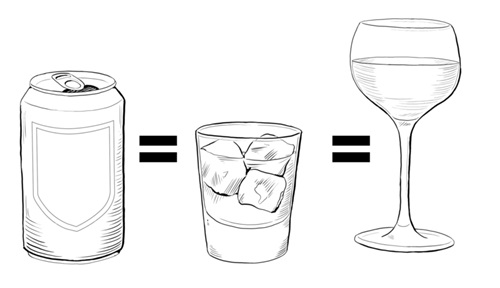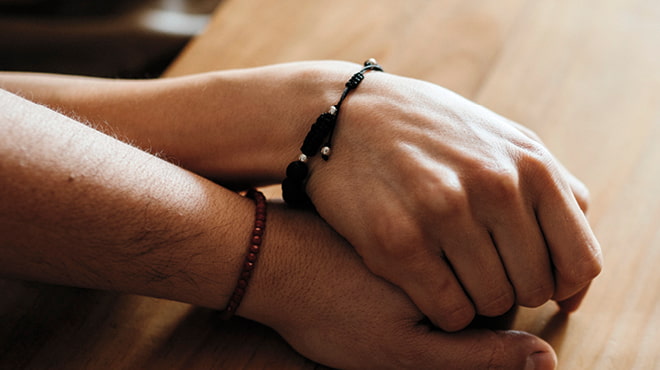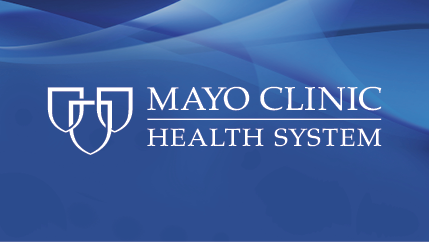4 tips for enjoying holiday gatherings while drinking responsibly

People may use the festive time around the holidays as a reason to consume alcohol. But they might not realize how much they drink and its effect on their life.
According to the National Institute on Alcohol Abuse and Alcoholism (NIAAA), alcohol consumption peaks during holidays like Christmas and New Year's Eve. The 2023 National Survey on Drug Use and Health (NSDUH) revealed that nearly 1 in 4 adults aged 18 and over, or 60.4 million people, reported binge drinking within the previous month.
What's considered binge drinking?
The NIAAA defines one standard drink as:
- 1.5 ounces of hard liquor distilled spirits (about 40% alcohol)
- 5 ounces of wine (about 12% alcohol)
- 8 to 9 ounces of malt liquor (about 7% alcohol)
- 12 ounces of regular beer (about 5% alcohol)
Binge drinking is a pattern that can cause significant health and safety risks. For men, this means consuming five or more drinks within two hours. For women, it's at least four drinks within two hours.
During the holidays, binge drinking can be a serious issue due to people drinking too much alcohol in a short amount of time.
Excessive drinking is linked to a higher risk of injury, including:
- Accidents
- Alcohol poisoning
- Falls
- Blackouts
- Overdoses
Binge drinking may lead to alcohol dependence or alcohol use disorder, so it's critical to learn how to manage alcohol consumption.
Here are four tips for enjoying holiday gatherings while drinking responsibly:
Eat well.
Consuming alcohol before you've eaten can make you feel intoxicated more quickly. Eating beforehand helps slow alcohol absorption, which can delay the effects of intoxication. Choose dishes made of foods high in carbohydrates and protein, such as bread, pasta, meat and cheese.
Look for alcohol-free options.
Alcohol-free beverages provide options for guests to enjoy the gathering and have fun together without excessive drinking. Fill your glass with non-alcoholic drinks, such as water, soda, sparkling water and mocktails. Alcohol is a diuretic, which increases fluid loss and suppresses vasopressin, a hormone that helps the kidneys retain fluids. Drinking a balance of non-alcoholic beverages can help prevent alcohol-induced dehydration.
Make transportation plans in advance.
Alcohol can impair cognitive ability and decision-making, so it's a good idea to create a plan before you start drinking. Determine the length of time you'll spend at a holiday gathering and arrange your transportation to and from the event. Many options are available, including a designated sober driver, taxi or ride-share service. If needed, arrange a safe place to stay.
Set a limit.
Determine a limit on how many drinks you'll have before you get to the holiday gathering or event. Keep in mind that a standard drink may be much smaller than you think. One standard drink is approximately equal to 12 ounces of beer, 5 ounces of wine or 1.5 ounces of 40% alcohol-based hard liquor. Remember that binge drinking is consuming four or more standard drinks within two hours for women and five or more standard drinks for men.

If you feel that drinking alcohol is causing problems in your life, or if your family is concerned about your drinking, talk with your healthcare team. You also can seek help from an addiction treatment counselor or a support group.
Yilin Gui is a counselor in Addiction Treatment in Albert Lea, Minnesota.



